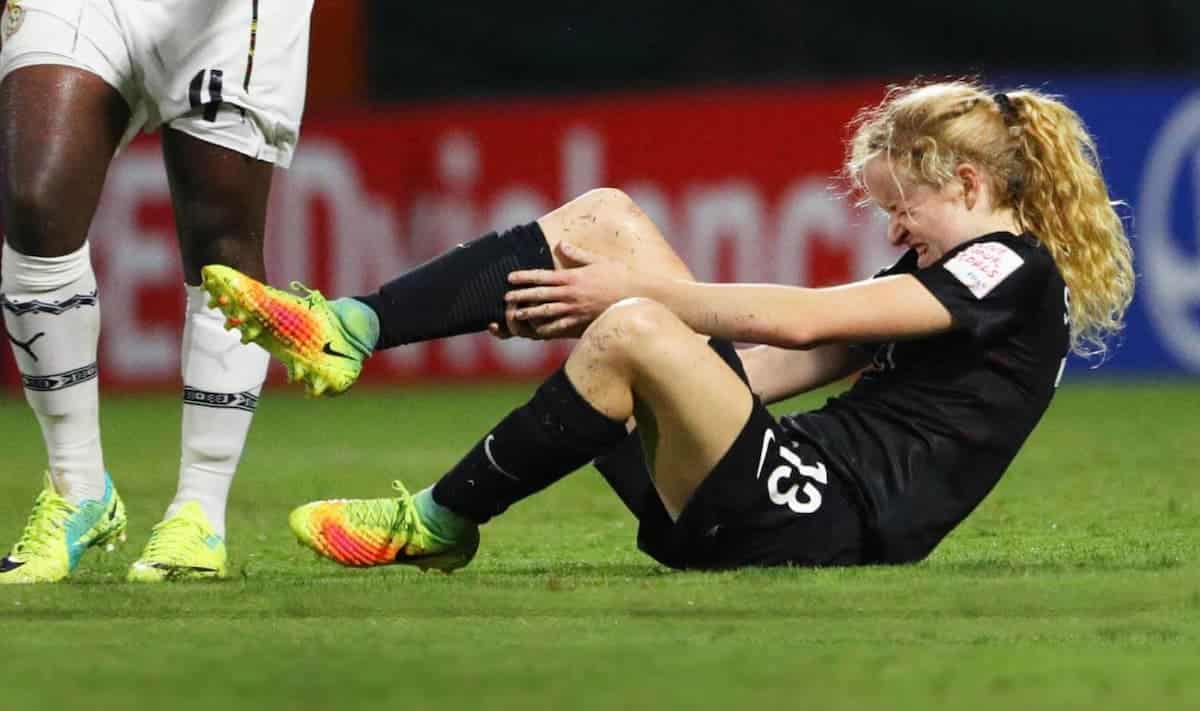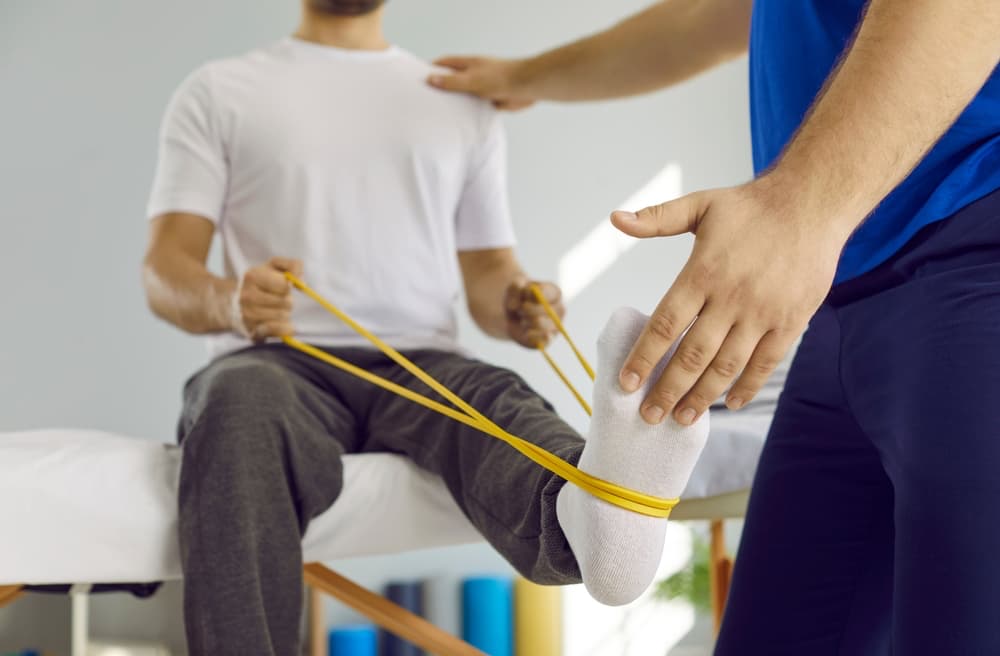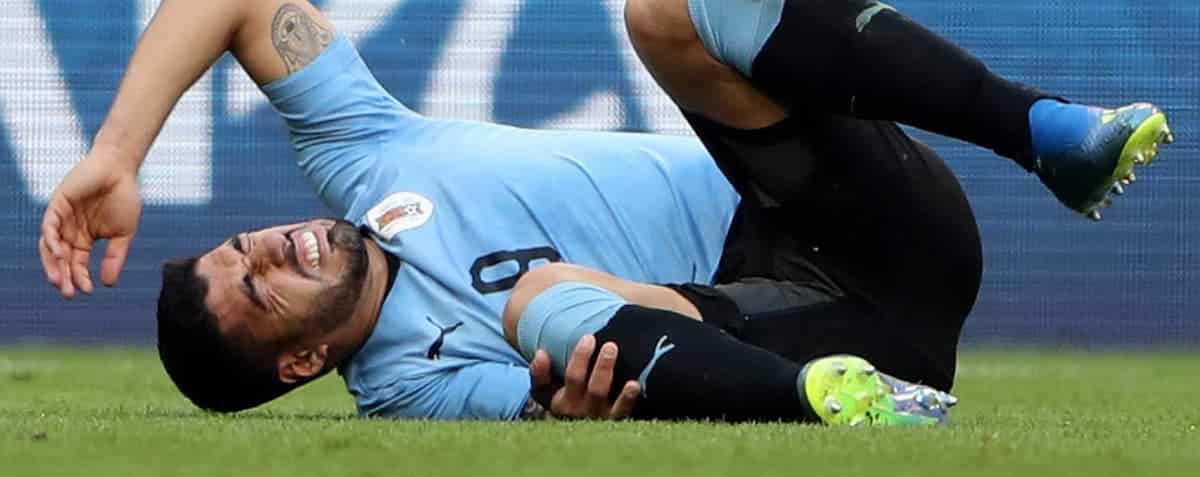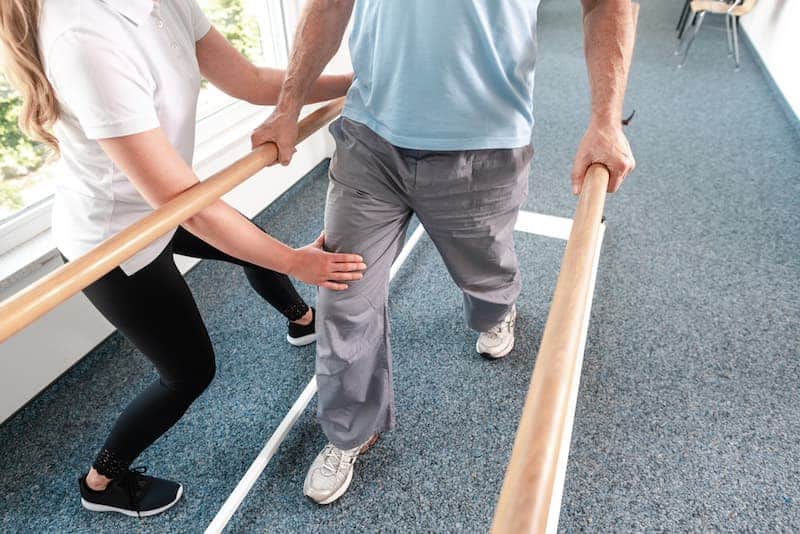An athlete who has just suffered an injury probably has one dominant thought in mind: "How soon can I get back on the field?"
One step that will help you recover faster from sports injuries is to see a specialist surgeon for diagnosis and treatment, rather than a general practitioner. While many injuries occur in everyday life that your family doctor can treat, a specialist doctor will approach treating your injury from a different perspective.
Georgios Panagopoulos MD is a specialized orthopedic surgeon, with experience in sports injuries and their management.
Table of contents
What are Sports Injuries?
The term sports injuries describes injuries that occur to athletes (professional or amateur) during sports activities (training or competition).


In fact, the same injuries can happen to everyday people. The distinction is done for the following reasons:
- Athletes suffer injuries with different frequency and in different parts of the body depending on the sport.
- There is a difference in energy released during injury due to the greater muscle mass and speed athletes develop
- The performance of the team, but also the career of the athlete directly depends on the rehabilitation, and often a more aggressive approach and faster decisions are required.
- Sports injuries require intensive physical therapy & rehabilitation with a physical therapist in order to achieve the fastest possible return to play.
- Injuries to athletes may also have financial implications, both for the athlete himself (non-renewal of contract) and for the team.
Common sports injuries may include:
- Joint sprains
- Muscle strains
- Fractures & dislocations
- Concussion
- Tendonitis
- Shin splints
- Knee injries
- Meniscal Tears or ACL tears
- Rotator cuff tears
- Sports hernia - groin pain
Of these injuries, some injuries can be acute (occurring suddenly, once) or chronic (occurring gradually over a long period of time, usually from overuse).
Common sports injuries tend to vary by sport. Soccer players typically suffer muscle strains in the muscles of the lower limbs, such as adductors, hamstrings and cuff muscles, or knee injuries, such as torn collateral ligaments, meniscal tears, cruciate ligament tears. Basketball players often get ankle sprains and finger injuries. Swimmers put a lot of strain on their shoulders, while throwing athletes may often experience elbow problems.


How you receive treatment for a sports injury can make or break your further sports career, whether you are a professional athlete or a beginner. It is important that your doctor is trained and experienced in the evaluation and treatment of sports injuries. The goal is for the athlete to return to playing condition as soon as possible.
Treatment & rehabilitation
While Dr Panagopoulos usually begins the treatment of a sports injury with the standard RICE (rest, ice, compression, elevation) protocol, he also stays abreast of developing treatments and technologies such as regenerative therapies that use your body's healing abilities to accelerate during the healing process (PRP therapy is an example).
Again, our goal is to see you back at the games soon. Therefore, our main concern is to develop for you a treatment and rehabilitation program that prepares your body to withstand the stress and impact of athletic competition. This plan often includes specialized physical therapy that doesn't just restore normal function like an office worker would need, but takes you beyond that to a more intense level of strength and performance ideal for athletes.
Your holistic return to play plan may also include nutritional counseling, a specific training program, and a recommendation for psychological counseling to ensure you are fully confident when you return to the field. If you are hesitant or timid in any way, you risk re-injuring yourself.
Surgery is a more invasive procedure that prolongs recovery time, so unless surgery is indicated (such as with a cruciate ligament tear, or a torn shoulder tendon), Dr. Panagopoulos first exhausts less invasive treatment methods, including physical therapy, of injections and medicines.
If you have a sports injury that needs treatment, our team is ready to help. Call our office and make an appointment to receive the expert guidance and treatment needed to get you back in the game as quickly as possible.
FAQs - Frequently Asked Questions
What are sports injuries?
The term sports injuries describes injuries that occur to athletes (professional or amateur) during sports activities (training or competition).
How are sports injuries treated?
They require the contribution of a doctor, physical therapist, trainer, nutritionist, in order for the athlete to return to full activity as quickly as possible.
How can I avoid sports injuries?
– Correct warm up
– Proper prevention strategy
– Correct equipment
– Gradual return to full activity after time off
Find us
Book an appointment with us today

